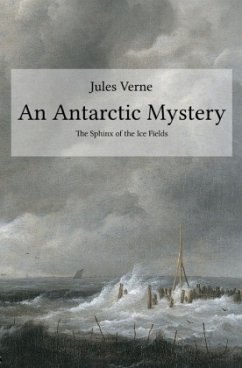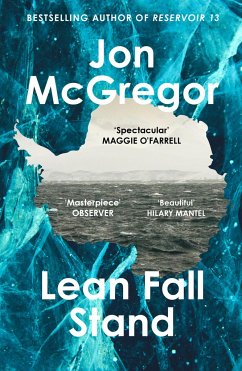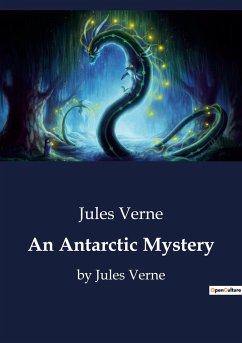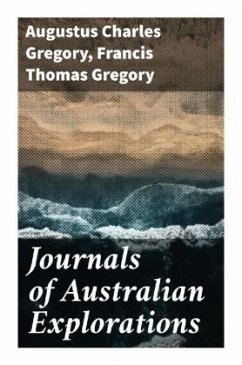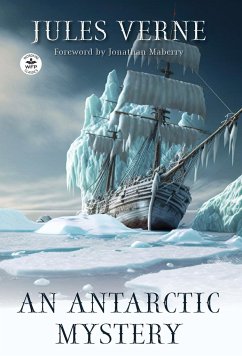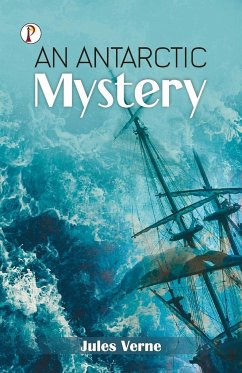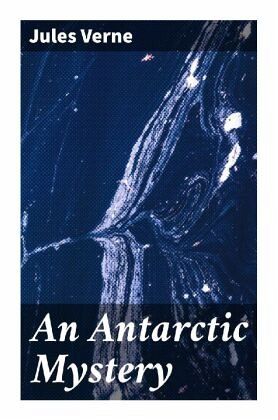
An Antarctic Mystery
Versandkostenfrei!
Versandfertig in 6-10 Tagen
8,99 €
inkl. MwSt.

PAYBACK Punkte
4 °P sammeln!
In "An Antarctic Mystery," Jules Verne deftly combines elements of adventure, science fiction, and exploration, creating a gripping narrative that continues the legacy of Edgar Allan Poe's "The Narrative of Arthur Gordon Pym." This novel follows the intrepid character of John Murray, who embarks on a perilous journey to uncover the fate of Pym after the events of his narrative. Written in Verne's characteristic style, the text weaves meticulous scientific detail with imaginative storytelling, allowing readers to traverse the harsh yet fascinating landscapes of Antarctica, while exploring theme...
In "An Antarctic Mystery," Jules Verne deftly combines elements of adventure, science fiction, and exploration, creating a gripping narrative that continues the legacy of Edgar Allan Poe's "The Narrative of Arthur Gordon Pym." This novel follows the intrepid character of John Murray, who embarks on a perilous journey to uncover the fate of Pym after the events of his narrative. Written in Verne's characteristic style, the text weaves meticulous scientific detail with imaginative storytelling, allowing readers to traverse the harsh yet fascinating landscapes of Antarctica, while exploring themes of humanity and survival against nature's indifference. The novel reflects the era's fascination with exploration and the unknown, echoing the imperialistic and scientific pursuits of the late 19th century. Jules Verne, a pioneer in the science fiction genre, was influenced by the scientific advancements and explorations of his time. His earlier novels often celebrated technological innovations, and in "An Antarctic Mystery," he continues this trend by delving into the realms of geography and the perils faced by explorers. Verne's own experiences and his keen interest in maritime adventures bolster the narrative's authenticity, allowing readers to immerse themselves in the chilling allure of uncharted territories. For readers captivated by adventure literature and the mysteries of the unexplored world, "An Antarctic Mystery" is a must-read. Verne's masterful storytelling coupled with his attention to detail will thrill those seeking both entertainment and intellectual engagement. This novel not only entertains but also invites contemplation on humanity's relentless pursuit of knowledge and the natural world's immutable power.



